The Second Amendment is under constant attack. That’s not the hyperbole it sounds like it is. Every week, legislation is introduced at the municipal, county, state, and federal levels designed to limit the Constitutional rights of law-abiding Americans. If it isn’t a state banning standard-capacity magazines, it’s a city requiring gun owners to carry liability insurance or a federal agency circumventing due process with drastic rule changes. On the other side are the individuals and organizations who check those who champion these types of laws and fight for the gun rights of US citizens. The Firearms Policy Coalition is one such organization that is always at the tip of the spear.
The nonprofit was founded in 2013 to strengthen existing protections for gun owners and oppose legislation that could affect those protections. From the start, the FPC has been dialed in to the way people communicate in the 21st century and has always had a solid social media presence, which helps it rally public support for gun-rights issues like none other.
“With Congress typically unable to agree whether the sky is blue most days, the most acute threat to the Second Amendment today comes from executive overreach from administrative agencies.”
— Adam Kraut, Firearms Policy Coalition Vice President of Programs
The organization continues to draw more and more positive attention in the firearms community from gun owners from all walks of life. FPC tweeted a thank you to Black Rifle Coffee Company co-founder Mat Best after he announced a $100,000 donation to the nonprofit to aid in its fight for gun rights in his new music video, Gun Shop.
According to the FPC, it was founded on “the philosophical principles of natural rights. Among them is the belief that how a government or society regulates the right to keep and bear arms is a strong and likely leading indicator of how that government or society does or will approach regulation of other natural rights and personal property.”
“FPC’s efforts are focused on the Right to Keep and Bear Arms and adjacent issues including freedom of speech, due process, unlawful searches and seizures, separation of powers, asset forfeitures, privacy, encryption, and limited government,” the nonprofit says.
“The FPC team are next-generation advocates working to achieve the Organization’s strategic objectives through litigation, research, scholarly publications, amicus briefing, legislative and regulatory action, grassroots activism, education, outreach, and other programs. FPC Law is the nation’s largest public interest legal team focused on the Right to Keep and Bear Arms, and the leader in the Second Amendment litigation and research space.”
RELATED – Biden Announces Strict ‘Ghost Gun’ Regs, ATF Director Nominee
The Battles: Past and Ongoing
One of the organization’s most significant wins came in the Miller v. Bonta case in California that resulted in a judge overturning the state’s 30-year-old assault weapons ban — a decision that was ultimately halted by another judge. It still stands as the first post-trial victory of its kind.
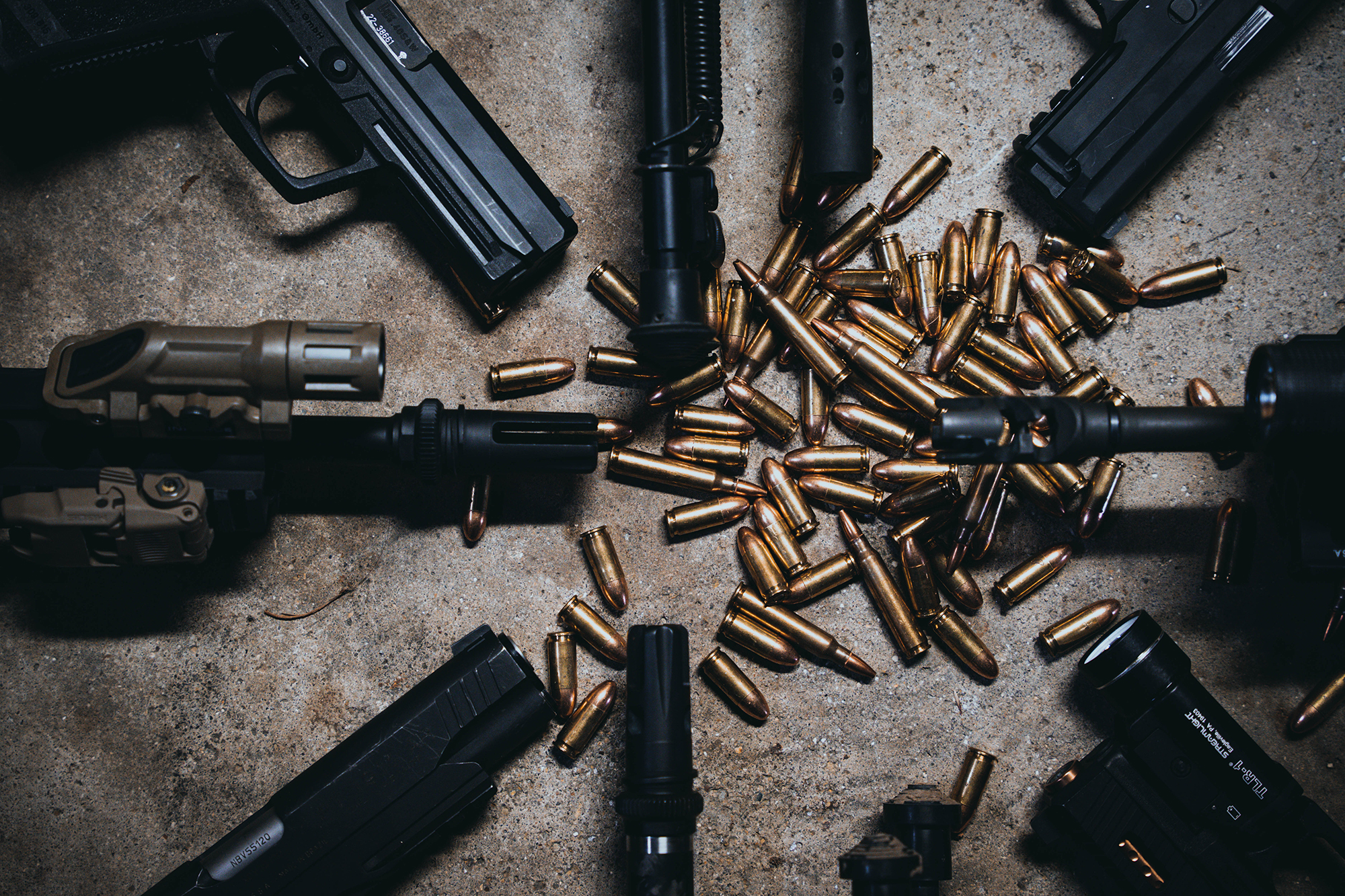
But the FPC is always busy. Recently, the organization filed a petition with the US Supreme Court to review its challenge of Maryland’s assault weapons ban in Bianchi v. Frosh and a District Court lawsuit challenging California Assembly Bill 173, which requires the state Department of Justice “to share the personal identifying information of millions of gun and ammunition owners with other parties for non-law-enforcement purposes.”
Just today, the FPC announced it has filed a lawsuit challenging San Jose’s ordinance requiring gun owners to purchase liability insurance and pay a fee in order to own firearms. The complaint argues that the mandate violates the First and Second Amendments. The suit, Glass v. City of San Jose, is seeking a judgment declaring the ordinance unconstitutional and for the California city to be permanently prevented from enforcing it. It also seeks damages for any loss that can be attributed to the ordinance.
“Governments cannot run roughshod over the constitutional rights of their People simply because they do not care for the rights they choose to exercise,” said Adam Kraut, FPC vice president of programs. “San Jose’s gun-owner insurance requirement is a demonstrable attack on a right exercised that lies outside of the policy preferences of its government. It is unfathomable to think that the elected officials of San Jose believed such an ordinance would survive a constitutional challenge, particularly when they admit that criminals will not obey the mandates contained within.”
“So now, we’re dealing with laws that exist solely to prevent us from getting around a law that never existed.”
— Matt Larosiere, FPC Policy Counsel
Soon, the FPC plans to file a new lawsuit against the state of Washington over its recently enacted standard-capacity magazine ban, but organization leaders say the biggest threats to gun rights at the moment are once again coming from the other Washington.
“With Congress typically unable to agree whether the sky is blue most days, the most acute threat to the Second Amendment today comes from executive overreach from administrative agencies — most recently, the Biden Administration’s imaginative reinterpretation of what constitutes a ‘frame’ or ‘receiver’ despite Congress having clearly defined the term in the Gun Control Act (GCA),” Kraut told Free Range American.
“The executive overreach is not exclusive to this administration, as we saw with Trump’s redefinition of what constitutes a ‘machine gun,’” Kraut added. “While the political winds may change, for better or for worse, with this upcoming election, the nomination of yet another anti-gun zealot to lead ATF is a chance for the Biden Administration to create long-lasting damage that would affect the rights of people for years to come.”

But it’s not all doom and gloom on the horizon, right? Gun owners in the few “may-issue” states that remain are hoping for big things out of the impending Supreme Court decision in the NYSRP v. Bruen case, which some say could impact concealed-carry permitting laws in a number of the 25 states that have not adopted constitutional carry laws. One could say the FPC is managing its expecations.
“Our legal team remains cautiously optimistic of a favorable ruling, but the question that is on everyone’s mind is, ‘How far will it go?’” Kraut said. “For far too long, the lower courts have ignored the Supreme Court’s clear directive that interest balancing tests are inappropriate for addressing Second Amendment cases. Bruen presents an opportunity for the Supreme Court to outright and unequivocally reaffirm the correct test for the lower courts to apply in Second Amendment challenges.”
Regardless of what case is before the Supreme Court, Kraut says there will always be threats to gun rights as long as there are politicians who want to use the Second Amendment to score political points with their constituency.
“The road to maximal human liberty is littered with the specters of threats that existed at one time or another, and future ones cannot be a deterrent to the work we do,” he said.
The FPC says membership in its Grassroots Army provides regular people with ample opportunity to “fight back against government overreach at all levels.”
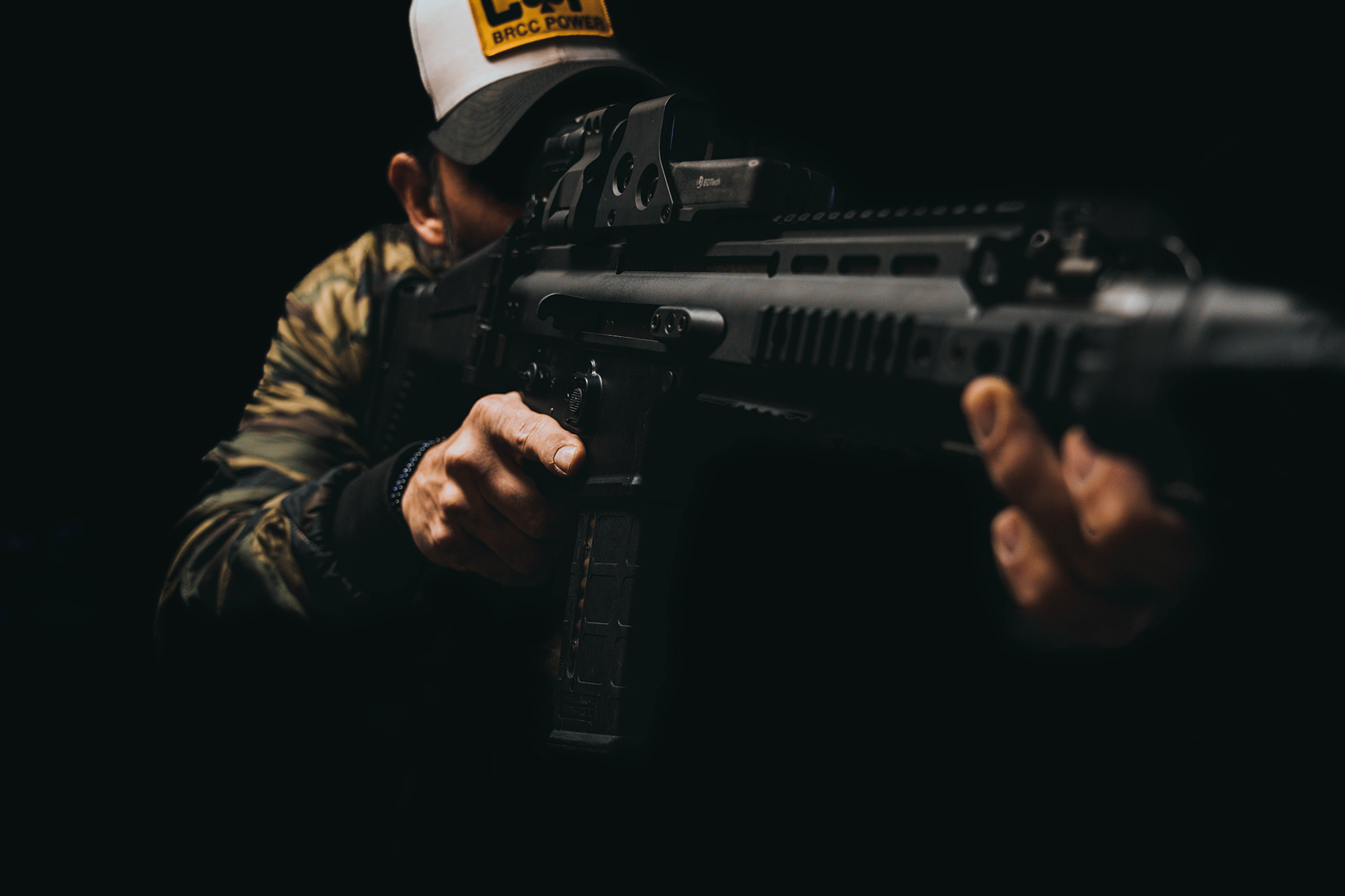
With like-minded business leaders who have joined the FPC Constitution Alliance, the organization says it is committed to “pursuing all litigation options and taking every possible action to block the enforcement of any law restricting the right to keep and bear arms and other interconnected rights enumerated and enshrined in the US Constitution.”
RELATED – Washington State Gun Laws: Standard-Capacity Magazine Sales Banned
Set the SBRs Free: Going After the NFA
At the moment, the FPC is supporting three bills that aim to greatly diminish the scope of the National Firearms Act (NFA) and the GCA. If all three were to pass, the landmark, longstanding anti-gun legislation would be nearly gutted.
Currently, gun owners who wish to possess firearms that do not meet the minimum length requirements under the NFA must register them with the ATF and buy a $200 tax stamp for each gun, in addition to passing extra screening and background checks — and of course, waiting.
HR 1758 is sponsored by Tracey Mann (R-KS) and seeks to remove short-barreled rifles (SBRs) from NFA regulations; HR 4312 is sponsored by Rep. Jeff Duncan (R-SC) and would do the same for short-barreled shotguns (SBSs); and HR 6817, which is sponsored by Rep. Chip Roy (R-TX) would completely remove the “Any Other Weapons” distinction and regulations from the NFA.
All three pieces of legislation are backed by the FPC and each bill would require all existing NFA registration information to be destroyed by the Bureau of Alcohol, Tobacco, Firearms, and Explosives (ATF).

Every gun owner who has pondered the barrel-length and overall-length requirements in the NFA that gun owners have been dealing with since the 1930s has wondered how and why the restrictions were thought up in the first place. It turns out, they are nothing more than legal leftovers.
Matt Larosiere, policy counsel for the FPC, is a constitutional policy expert with a background in both firearms and taxation. He told FRA that the rules regarding SBRs, SBSs, and AOWs are actually remnants of loophole closures in the original NFA, which was essentially a handgun registration bill when it started. That’s why he calls them “accidental law.”
“The original draft of the NFA sought to put a prohibitory tax on the transfer of handguns. The response to that was, ‘Well, okay, so say we do that. What’s going to stop somebody from just chopping down a rifle and shotgun and having, effectively, the equivalent of a handgun?’ So, the response to that was to put these [minimum length] components into the law,” Larosiere said.
“Eventually, through negotiations, they removed the handgun registration requirement and transfer tax but left the other requirements for these things that were considered end-runs around handgun registration,” he added. “So now, we’re dealing with laws that exist solely to prevent us from getting around a law that never existed.”
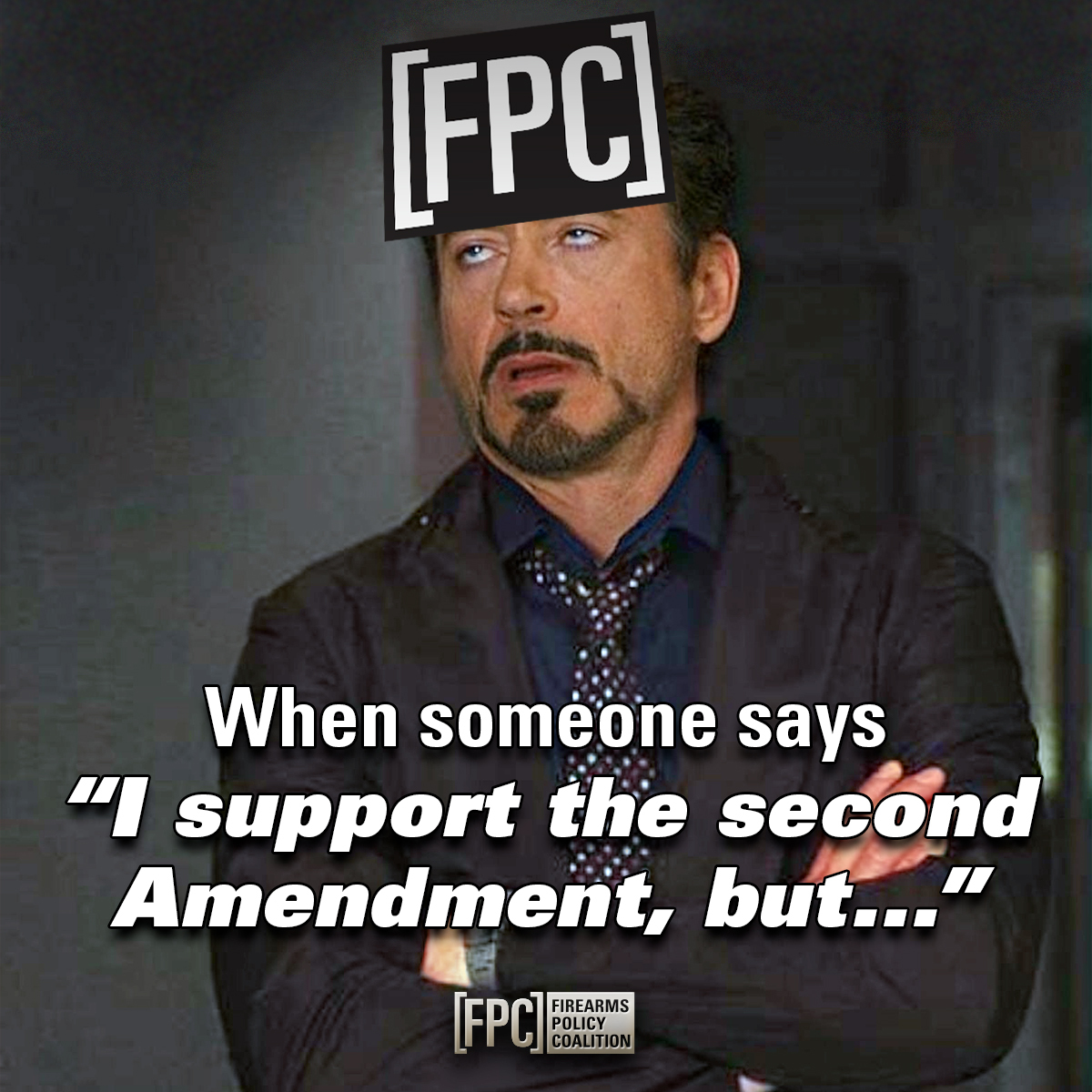
He went on to say that the laws these three bills address are “morally wrong.”
“It makes no sense for an American to be locked in a cage if his barrel is 15.5 inches, but not if it’s 16 inches. It just makes no sense,” he said.
Larosiere went on to explain that the NFA was drafted as a tax law because legislators knew the only way they could potentially pass a handgun registry without running afoul of the Second Amendment was through taxation laws.
“When the NFA was drafted, they knew what they were doing was wrong. They were trying to play a funny trick to get around [the Second Amendment]. And they were targeting the most commonly used crime guns, which are handguns,” he said. Handguns were the most commonly used firearm in crimes back when the NFA was adopted in the 1930s, and that remains unchanged in the 2020s.
“The most commonly used crime guns are a lot like the most commonly used crime cars. They tend to be reliable, affordable, and available,” Larosiere said. “The suggestion that any weapon is particularly suited for a criminal purpose, well, it’s just not borne out by the data. Because what the data shows is the most affordable, reliable and available firearms are the ones that show up at crime scenes.”
To help support these bills and other pro-gun legislation, visit the FPC website, and you can do so with your voice, with a donation, or both.
Editor’s Note: This article was updated to include information about the new FPC lawsuit against the city of San Jose.
READ NEXT – Half of U.S. Now Has Constitutional Carry, Gun Debate Still Rages

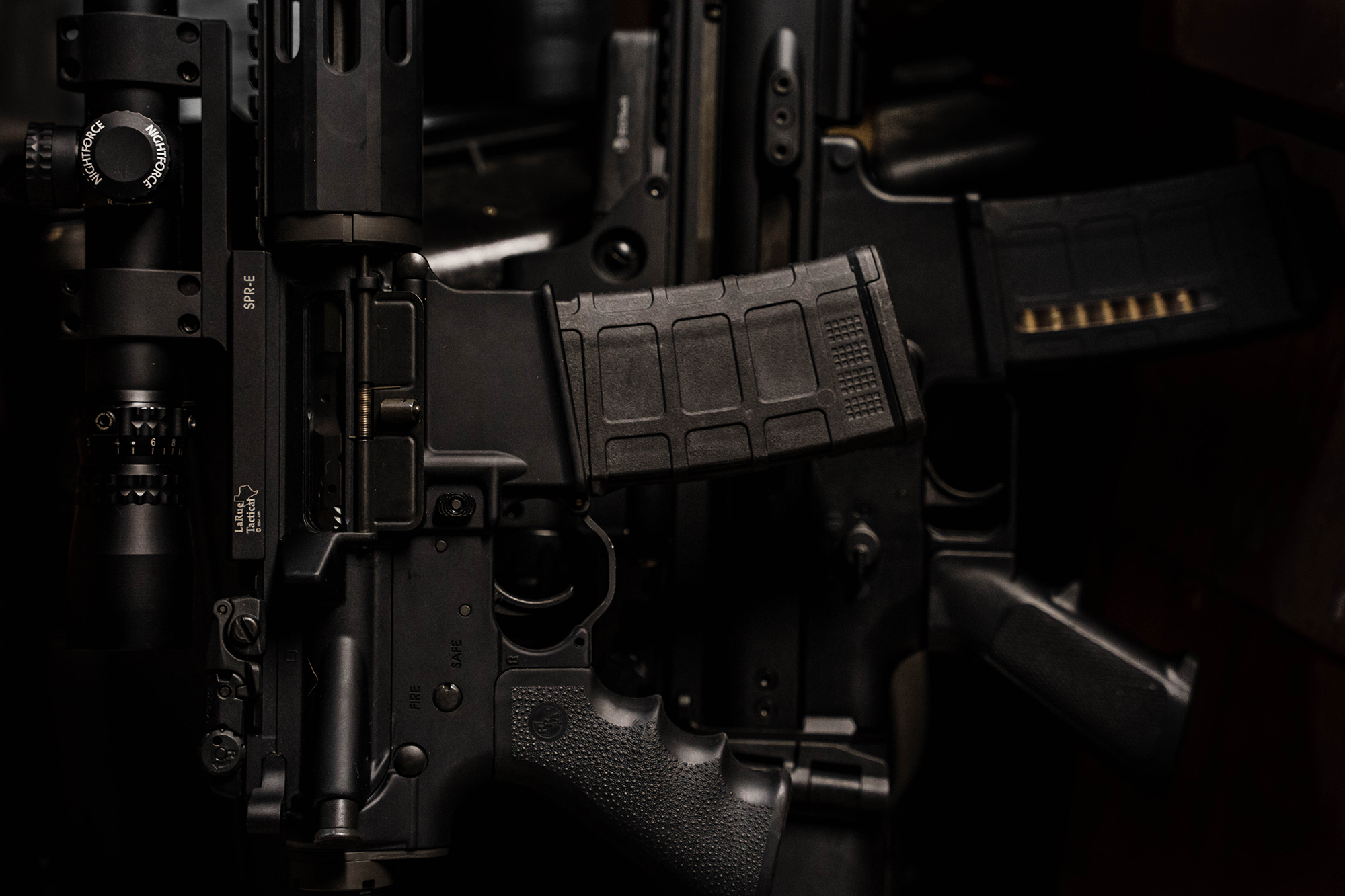

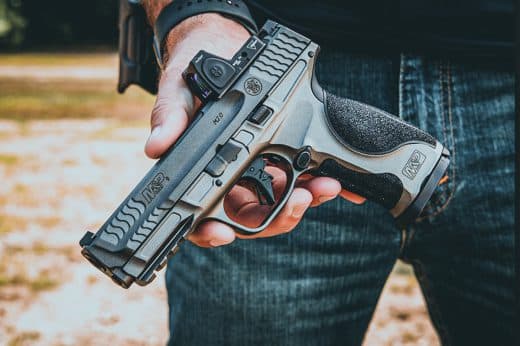
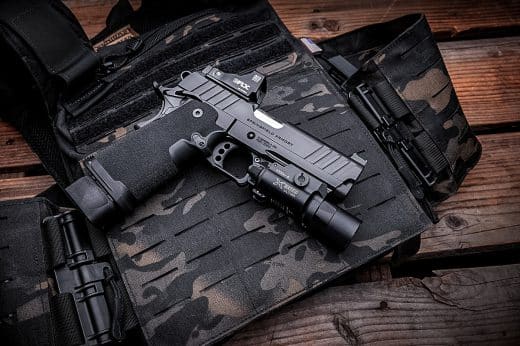
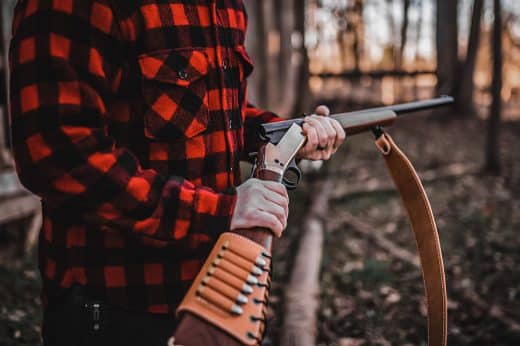


Comments